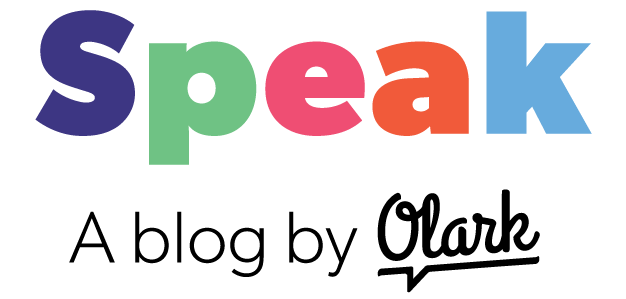This is the third post in Rhoda’s Tips from a Farmer series. Read her first post on working smarter, not harder, and her second on Prioritizing like a farmer.
When I first started as a manager I had a serious case of imposter syndrome. I felt like I knew nothing. Likewise, when I first started farming, I had a serious case of imposter syndrome...and I felt like I knew nothing.
These days, on both fronts, I still don’t know anywhere near as much as I want to know, but I have learnt to be more comfortable with not knowing (most of the time).
Asking for help
As my mother always says, “All you can do is your best, dear.” Sometimes, your best doesn’t get you where you need to be, and you have to ask for help.
When I first started farming, I felt self conscious asking other local farmers how to do things or requesting assistance because I didn’t have the skills or strength to do a task alone. It would take me a minimum of 3 days of hitting something, swearing at it, and googling solutions, before I finally accepted the obvious and went in search of reinforcements.
Gradually I have learnt that people are happy to help.They rarely think my questions are stupid, and despite the occasional wry smile at my expense, I hope that they appreciate the fact that I am trying my hardest to learn.
My farming experience has carried over to my work as a new manager. I’m now reasonably good at asking for help, and at asking questions with confidence, and I hope that my example encourages my team to do the same. I don’t believe in “stupid questions” — I want my team to be able to ask me anything, and also to ask questions of each other, of customers, and of teammates across the company.
Accepting Help
Sometimes, a kind person will actually offer to help me before I’ve even asked. For example, maybe I’m out trying to fix the tractor, and a neighbor wanders by, hears me cursing, and inquires as to whether I could use a hand.
Of course, my first impulse in these situations is to declare that I am perfectly fine on my own. But given that my knowledge of engines (and many other farm-related systems) can be written on the back of a postage stamp, I have learnt to swallow my pride and take the help. Every time I do, I learn a new skill or a new bit of useful information. Last weekend, for example, I gratefully accepted some help with fencing, and came back with more knowledge about fencing and some lambing tips.
When I’m offered help in my professional life, I try to remember how much I benefit from accepting help on the farm. There’s one incident in particular that I like to think of — I once spent three full days working on a stuck bolt in a tractor implement, using hammers, grinders, a blowtorch, and a stream of foul language. Finally, I took a friend up on his offer of help. He picked a hammer, aimed one well-placed blow, and the bolt popped out.
I’d been hitting the bolt hard, but I lacked the experience to know where to hit. Now, when I’m not getting anywhere with a work-related problem, I try to remember that bolt. If I have a teammate who knows just where to aim the metaphorical hammer, I’d be crazy not to let them help out.
Offering help
If you get help, it’s only polite to offer it. Folk around the island help me all the time with farm-related things, and in return, I help them with computer and tech-related things. Right now, for example, I have a laptop that needs its data salvaged and factory settings restored — a job I swapped for some help getting a storage container moved.
In my work life, I enjoy popping into our CS slack room and helping with a little CSS or javascript troubleshooting. It keeps my debugging skills well oiled, and I try to make a point of explaining how I reached my conclusions so my team can repeat the process on their own in the future. I am aware that I only got to where I am today, personally and professionally, because people gave their time and energy to help and show me things, like effective debugging, in the first place. It costs nothing but a little time to pay that forward.
Help, offered and accepted in good faith, can be a very valuable currency. Helping others also boosts my confidence, and makes me feel better about being a total novice in some areas myself.
Once, when I apologised to a farmer for asking a silly question, he shrugged and replied, “It’s not a stupid question. You don’t know what you don’t know, but that’s how I feel when I ask you about my computer.”
We all have school days. The sooner we accept that, embrace it, and begin welcoming and offering help, the better.
Next time: When it all goes wrong
Want content like this delivered to your inbox?


